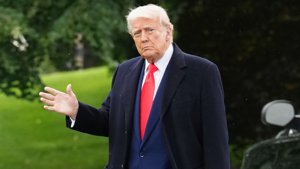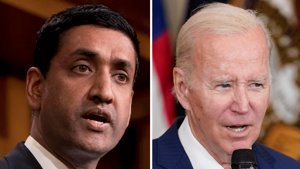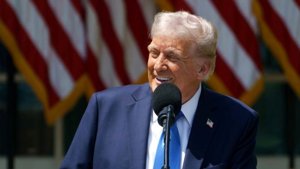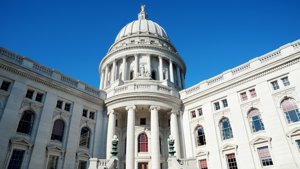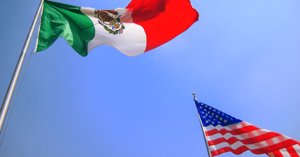
Supreme Court to Weigh GOP Challenge to Campaign Finance Rules
The Supreme Court will review a GOP-led challenge to federal limits on political party spending, with potential nationwide impact.
High Court to Decide Fate of Campaign Spending Restrictions
The Supreme Court agreed Monday to hear a Republican-led challenge to federal campaign finance laws that limit how much political parties can spend on behalf of their candidates, a case with far-reaching implications for the future of U.S. elections. The case, brought by the National Republican Senatorial Committee (NRSC), the National Republican Congressional Committee (NRCC), and two GOP Senate candidates—including now-Vice President JD Vance—raises the question of whether such spending limits violate First Amendment protections of free speech.
At issue is the Federal Election Campaign Act of 1971, a law that for over fifty years has capped the amount that political parties may directly spend in support of federal candidates. Petitioners argue these restrictions “severely restrict political party committees from doing what the First Amendment entitles them to do: fully associate with and advocate for their own candidates for federal office.”
The Supreme Court’s decision to hear the case comes as campaign spending in federal elections reaches unprecedented levels. In 2024, presidential candidates alone raised at least $2 billion and spent nearly $1.8 billion, according to Federal Election Commission data. A ruling from the Court’s 6-3 conservative majority could dramatically alter how money flows in future campaigns, potentially weakening or even overturning long-standing provisions of the Federal Election Campaign Act.
Trump Administration Joins Challenge, Citing Free Speech
The Trump administration’s Justice Department has taken the unusual step of siding with the NRSC and NRCC, arguing that campaign spending restrictions infringe on constitutionally protected speech. The Department called this case “the rare case that warrants an exception” to its usual practice of defending federal laws, citing the First Amendment as a critical basis for its position.
On the other side, the Democratic National Committee, Democratic Senatorial Campaign Committee, and Democratic Congressional Campaign Committee have intervened to defend the lower court decision that upheld the spending limits. They argue that the rules remain a vital safeguard against the corrosive influence of money in politics and are essential for the integrity of U.S. elections.
The Supreme Court’s review follows a lower court ruling in 2024 that maintained existing spending restrictions. Oral arguments are expected to be held in the fall, and the decision is likely to become one of the most high-profile and consequential campaign finance cases of the Court’s upcoming term.
As legal teams prepare their arguments, both supporters and opponents of campaign finance limits are closely watching the Court’s docket. The outcome will not only affect how parties support their candidates but may also set new standards for the balance between electoral integrity and free speech in the United States.


